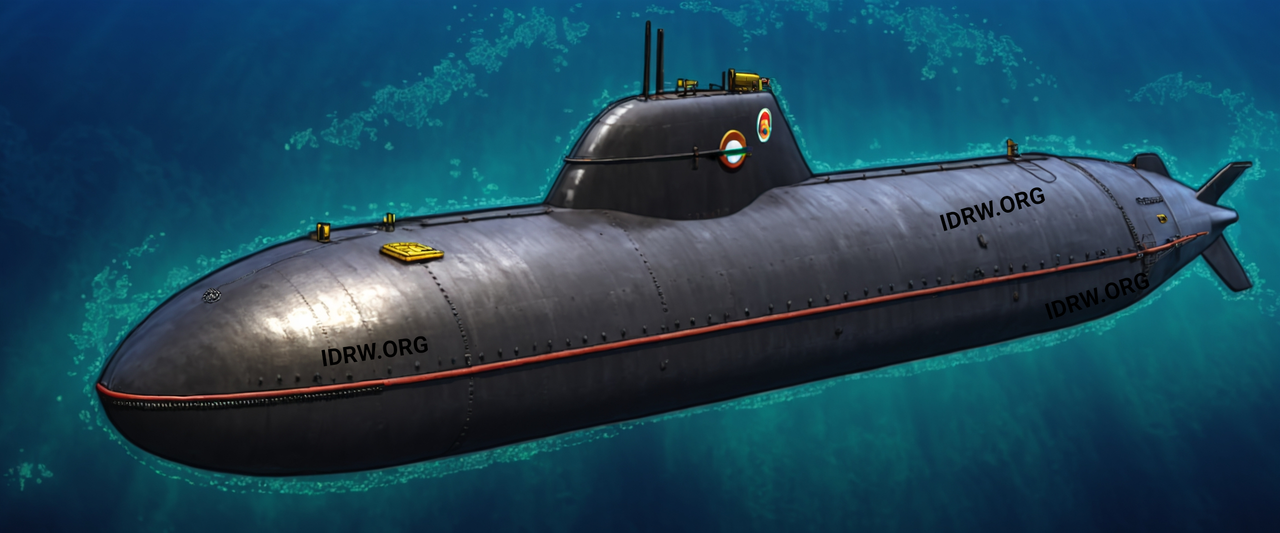SOURCE: RAUNAK KUNDE / NEWS BEAT / IDRW.ORG


The exit of German Chancellor Angela Merkel in 2021 paved the way for ThyssenKrupp Marine Systems (TKMS) to make a strong comeback in India’s prestigious P75I submarine project.
During Angela Merkel’s 16-year tenure as Chancellor, TKMS, despite being a frontrunner for India’s P75I submarine project, faced several obstacles. These challenges included stringent export controls and high demands for technology transfer (ToT) from the Indian Navy. TKMS raised concerns that some of the requirements, such as the high indigenous content percentage and almost unlimited liability for the foreign technology partner, were nearly impossible to meet.
Naval officials, speaking on the condition of anonymity, revealed idrw.org that TKMS was apprehensive about securing the necessary clearance from the German government to offer the level of technology transfer India was seeking. Germany’s tight export policies, especially during Merkel’s reign, hindered the company’s ability to participate fully in India’s submarine procurement programs. Even routine arms deals, such as the supply of German-made assault rifles to India, were denied under the pretext that they might be used in conflict zones.
The political landscape began to change under the leadership of Chancellor Olaf Scholz. Unlike his predecessor, Scholz adopted a more open and flexible approach toward arms exports, including those to India. One of his first major policy shifts was to remove the so-called “blacklist” of countries, which Merkel’s administration had enforced to restrict defence exports. Under this new direction, Scholz encouraged German defence companies, including TKMS, to focus on strengthening exports, especially in key markets like India.
This policy shift allowed TKMS to re-enter the race for the P75I project, marking a significant comeback in 2022. The company’s renewed participation is not seen as a result of flip-flopping but as a direct outcome of Germany’s changing stance on defence exports, led by a new administration more aligned with modern geopolitical realities and strategic partnerships.
TKMS, once again a strong contender in the P75I submarine program, is now better positioned to meet the Indian Navy’s stringent requirements. The company has been able to offer a more substantial level of technology transfer, one of the critical conditions for the contract. With Germany’s softened stance on arms exports, TKMS can now provide the level of Indigenous manufacturing and technology-sharing that India has long sought in its defence partnerships.
The P75I project is one of India’s most important defence initiatives, involving the construction of six advanced conventional submarines with air-independent propulsion (AIP) capabilities. TKMS’s experience in building submarines and its ability to collaborate with Indian shipyards for local production make it a top candidate for the project.
NOTE : Article cannot be reproduced without written permission of idrw.org in any form even for YouTube Videos to avoid Copy right strikes. Websites doing illegal reproductions will get DMCA and Legal Notices.